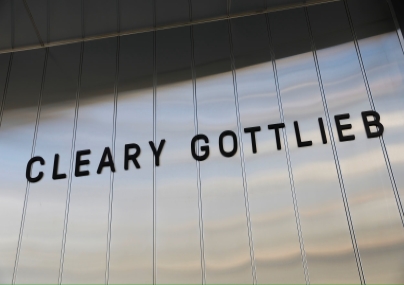Morgan Lewis & Bockius and Jones Day are representing Chinese telecoms equipment maker Huawei Technologies in a lawsuit against the U.S. government over a law limiting the company’s American business.
Huawei said it had filed a complaint in a federal court in Texas challenging Section 889 of the National Defense Authorization Act (NDAA), signed into law by U.S. President Donald Trump in August, which bars federal agencies and their contractors from procuring its equipment and services.
The lawsuit marks the latest confrontation between China and the U.S., which spent most of 2018 slapping import tariffs on billions of dollars’ worth of each other’s goods. The year ended with the arrest of Huawei’s chief financial officer in Canada at U.S. request, to the consternation of China.
Long before Trump initiated the trade war, Huawei’s activities were under scrutiny by U.S. authorities, according to interviews with 10 people familiar with the Huawei probes and documents related to the investigations seen by Reuters.
“The U.S. Congress has repeatedly failed to produce any evidence to support its restrictions on Huawei products. We are compelled to take this legal action as a proper and last resort,” Huawei Rotating Chairman Guo Ping said in a statement.
“This ban not only is unlawful, but also restricts Huawei from engaging in fair competition, ultimately harming U.S. consumers,” he said. “We look forward to the court’s verdict.”
While Huawei had very little share of the U.S. market before the bill, it is the world’s biggest telecoms gear maker and is seeking to be at the forefront of a global rollout of fifth-generation (5G) mobile networks and services.
In its lawsuit, Huawei said its “equipment and services are subject to advanced security procedures, and no backdoors, implants, or other intentional security vulnerabilities have been documented in any of the more than 170 countries in the world where Huawei equipment and services are used.”
To contact the editorial team, please email ALBEditor@thomsonreuters.com.


